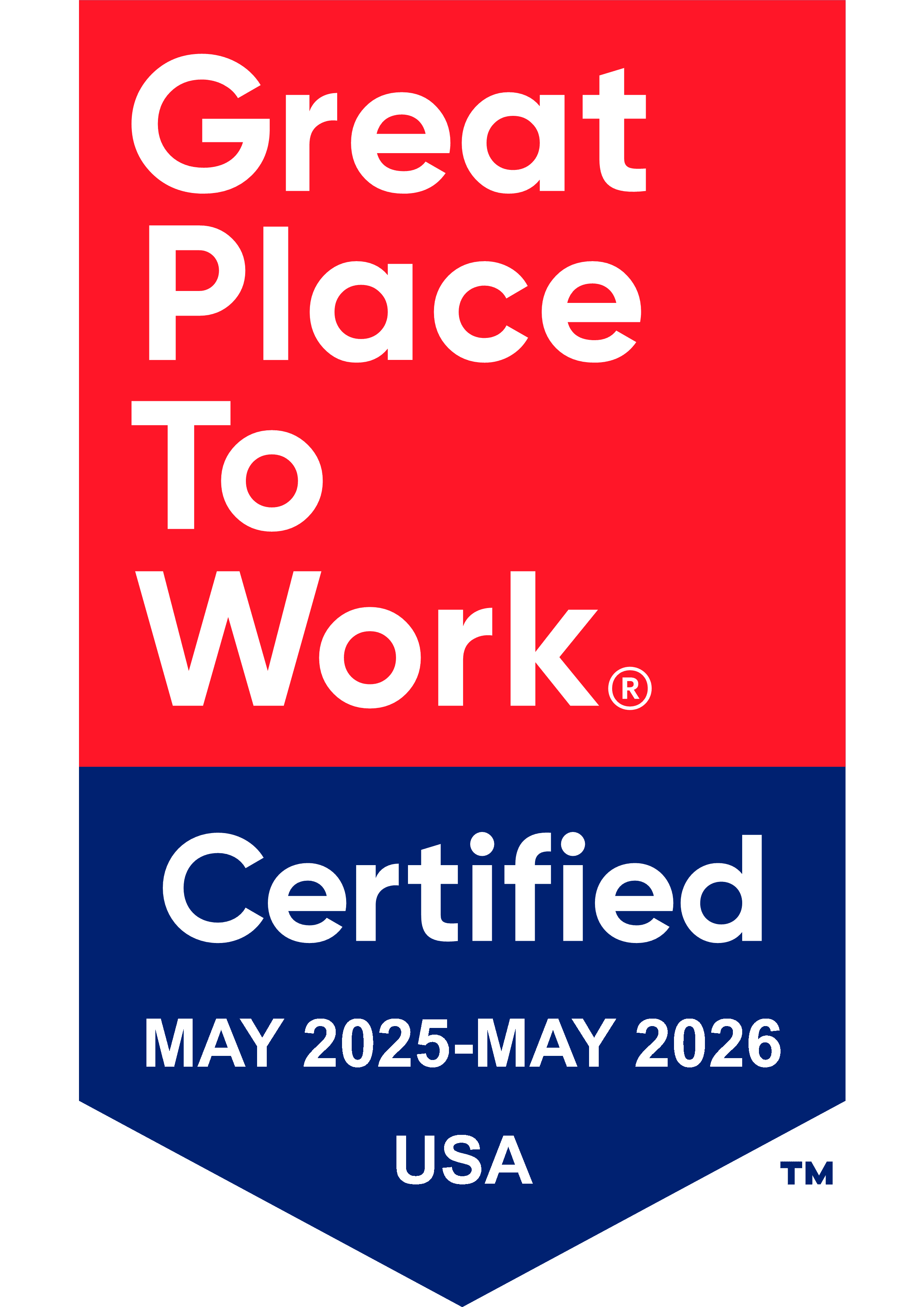When coalitions look to educate their communities, there is an abundance of resources and information available to share. However, one coalition took it a step further. The Partnership for Health (PFH) Drug-Free Task Force, in partnership with Positive YOUth and the Safe Communities Coalition in Hunterdon County, New Jersey, developed a customized toolkit, specifically tailored to the community they serve. The 3 Most Dangerous Words a Parent Can Say is ‘Not My Child toolkit is designed to help Hunterdon County parents start the conversation around substances with their children, offering essential information, talking points, and practical tips that are age-appropriate.
The genesis of this initiative can be traced back to a pressing concern: how can parents effectively discuss drugs and alcohol with their children without a comprehensive understanding of these substances? Erin Cohen, Prevention Director at PFH Drug-Free Task Force, alongside her team, set out to design a toolkit that clearly laid out pertinent information families should be equipped with to have informed conversations.
To ensure the toolkit’s effectiveness, the team conducted focus groups involving parents from elementary, middle school, and high school levels. The feedback was instrumental in shaping the toolkit’s structure. For instance, it quickly became clear that parents of elementary-aged children were overwhelmed with certain information. This led to the creation of a separate toolkit, further tailored and more accessible for the adolescent population. Additionally, they received insightful feedback that some parents might not take the time to read the toolkit to its entirety, so a new page was created and inserted at the beginning, listing the top five most crucial information a parent should know.
Alongside talking points and conversation starters for parents, the toolkit features vital information on a range of topics, including safe storage of substances in the home, vaping (including nicotine and marijuana), and counterfeit pills containing substances like fentanyl. This information is presented in a concise and easy-to-understand format, with an emphasis on visual aids and statistics to ensure that parents find the toolkit digestible. It is available online with QR codes, in both English and Spanish, allowing for easy access and wider shareability.
The toolkit was distributed at freshman orientations, Back to School Nights, community events, county meetings, and in conjunction with Red Ribbon Week. It also garnered attention and support from various community partners, including medical practices, places of worship, food pantries, libraries, the YMCA, schools, and youth sports teams, who have aided in its distribution and amplified its impact.
In the two months since this toolkit was first shared, feedback from parents has been exceptionally positive, with many noting that they appreciate the toolkit’s informative and easy-to-read nature. PFH Drug-Free Task Force plans to measure the toolkit’s success by tracking metrics such as website usage and conducting surveys to gather data on whether parents are talking to their children about substance use. In turn, this data will inform future updates and refinements to the toolkit as needed.
By actively involving the community, personalizing resources, and maintaining a commitment to ongoing evaluation and improvement, PFH Drug-Free Task Force equipped parents with essential tools and set a precedent for other communities seeking to encourage proactive discussions. Erin’s advice to other coalitions looking to replicate this effort is, “talk to whoever the end user is and be clear about what your goals for the project are. Focus groups were the most critical part of the development process, because they shed light on improvements we would have never made or considered otherwise. In order to make efforts as effective as possible, it’s essential that you listen to your community.”


